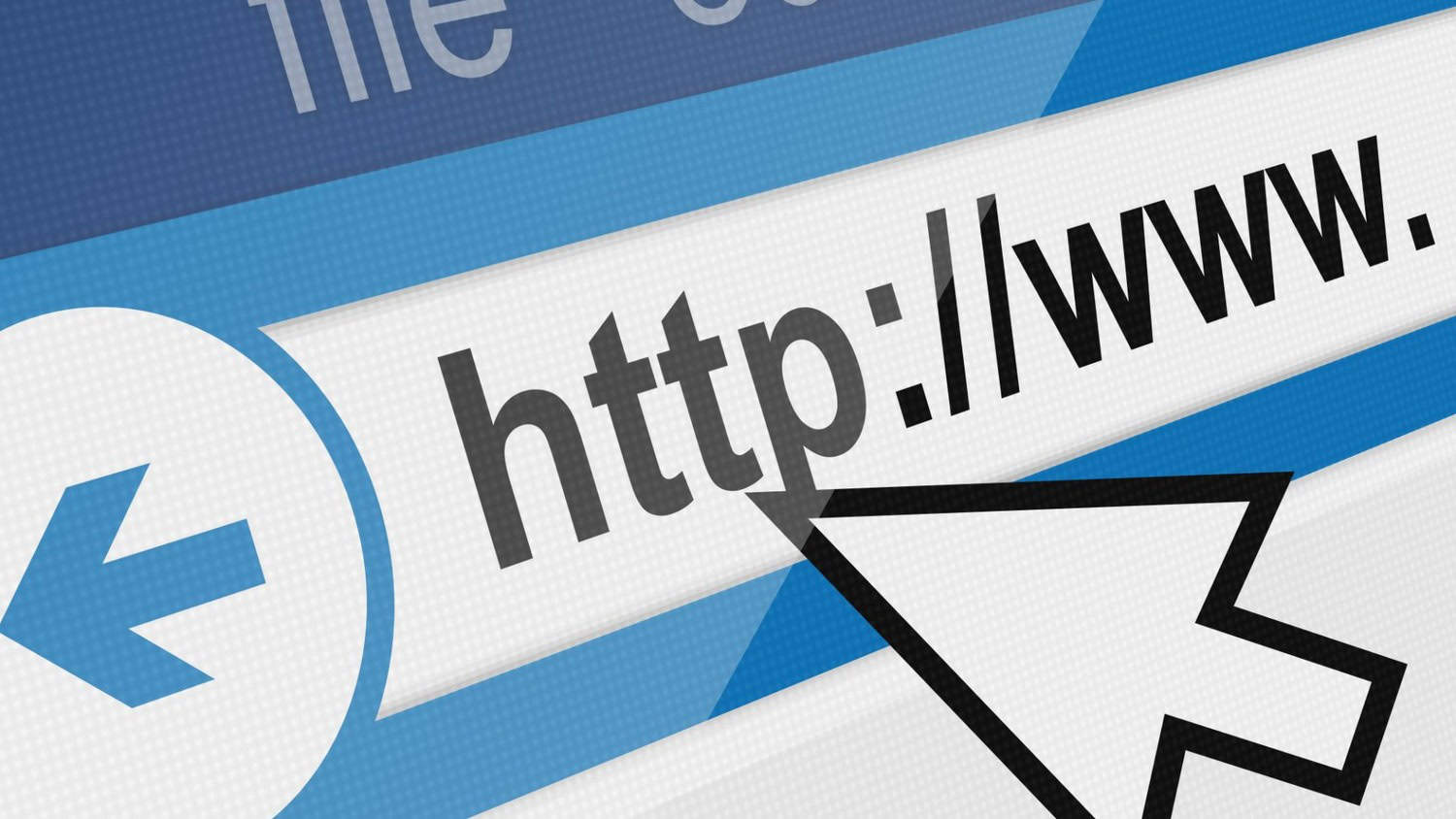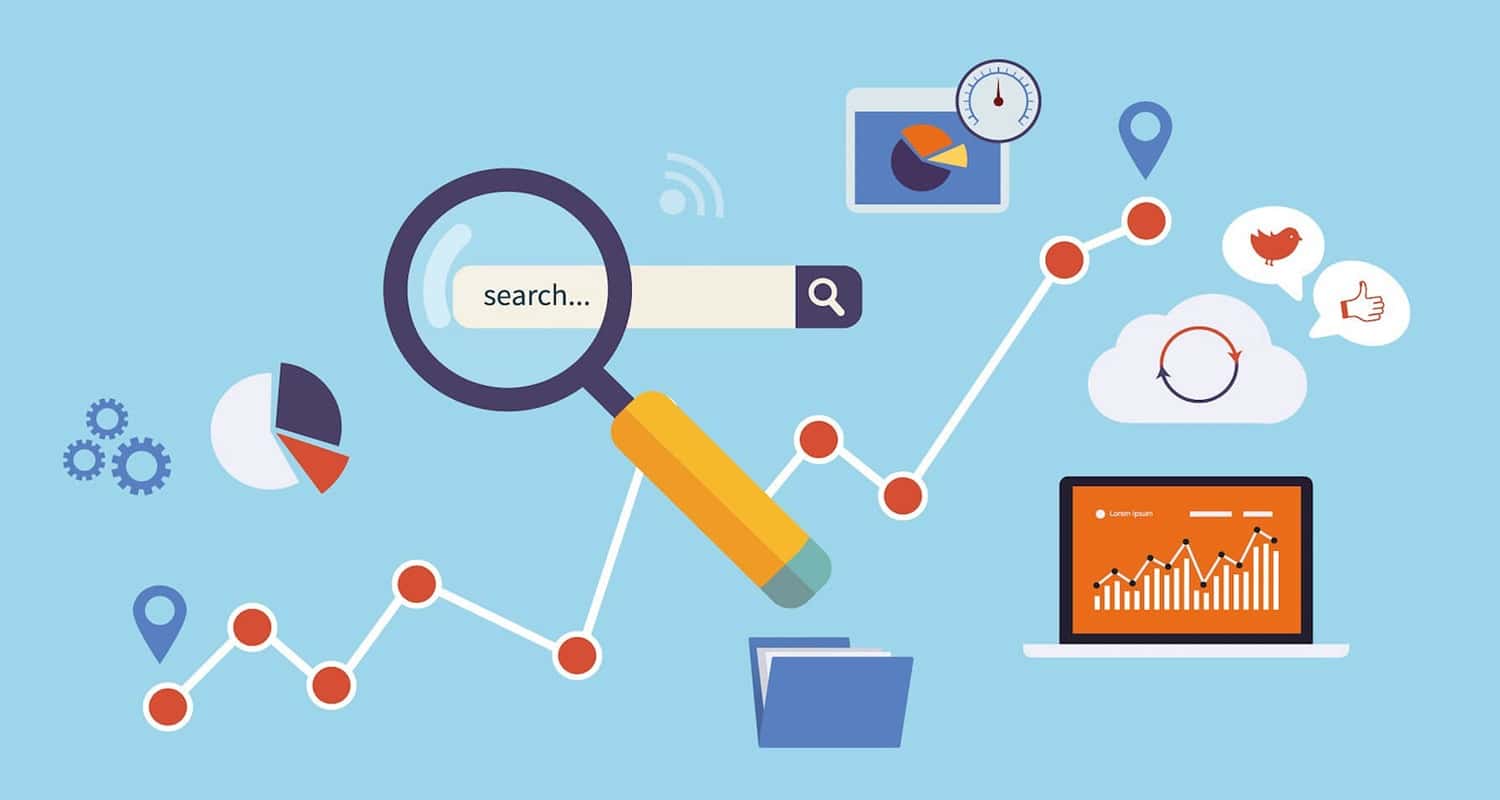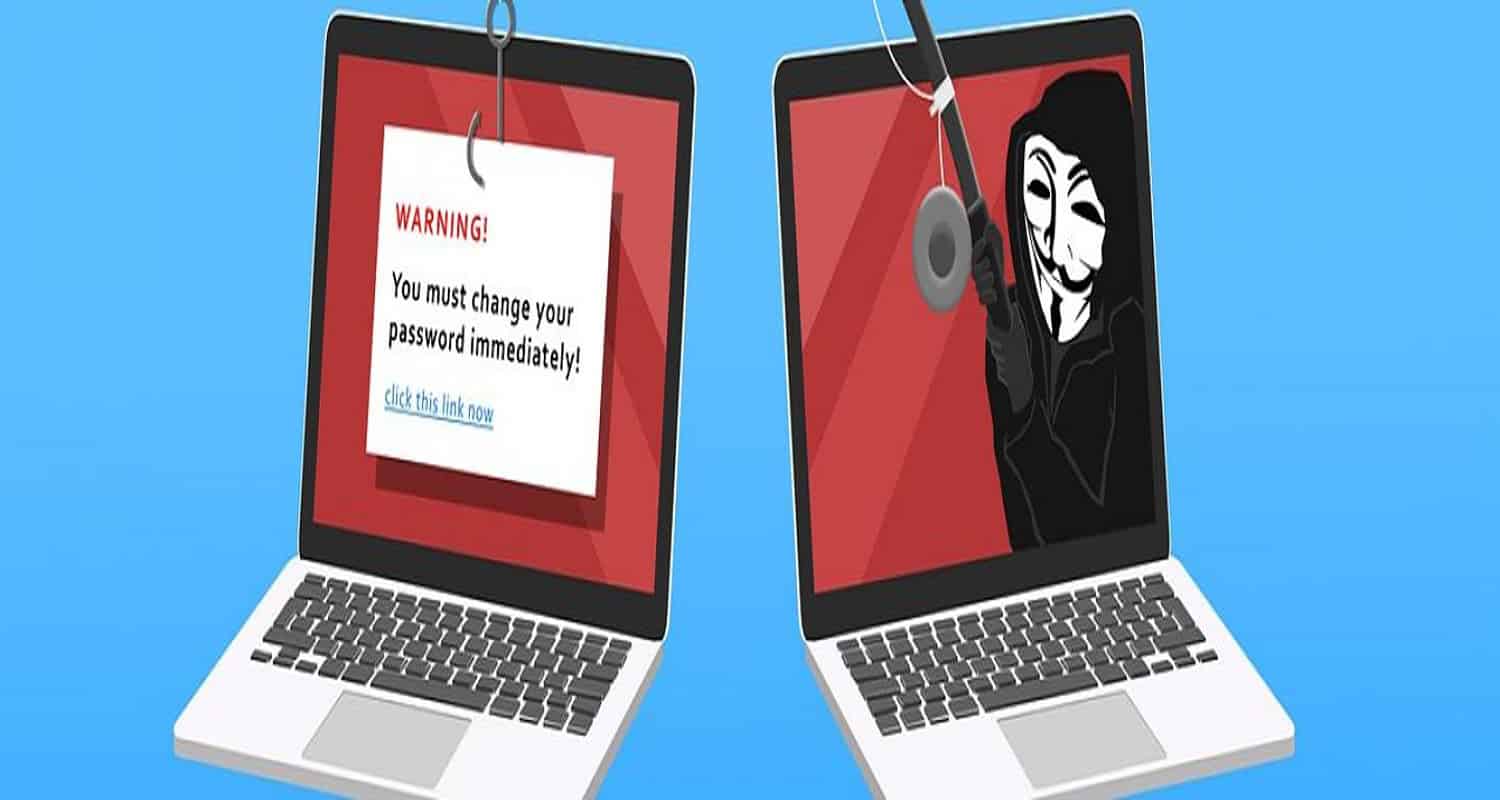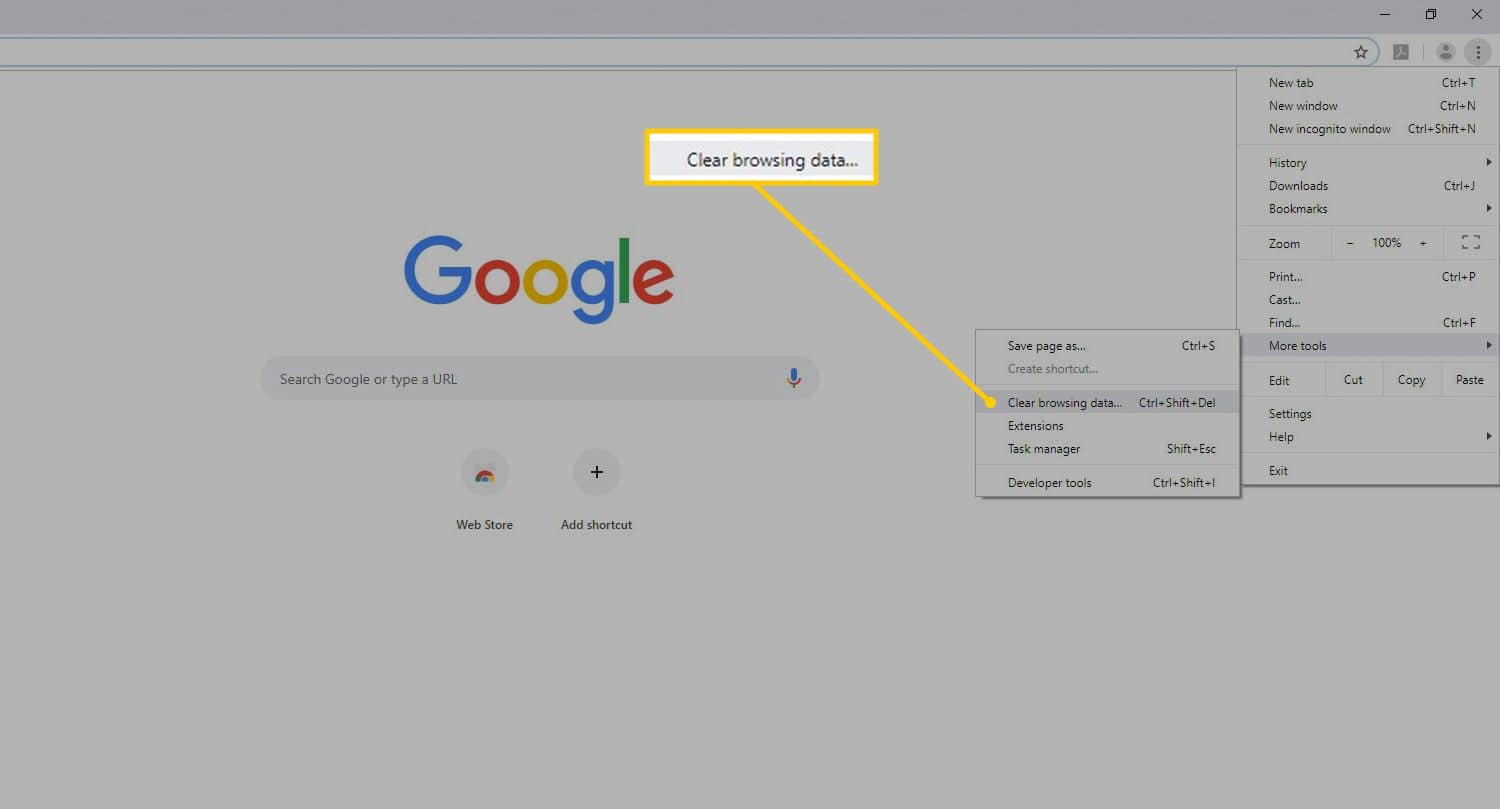Can you go to jail for looking at a website? Many people are curious about forbidden topics online but wonder if their searches could get them into legal trouble. The truth is that simply looking at certain websites will not automatically land you in jail. However, some internet activities are against the law. They understand what is essential to avoid any potential legal consequences.
Looking at websites is usually legal. A few exceptions could be viewing child pornography or hacking sites, which show how to break laws. You can legally view most websites, as free speech and expression are protected. Context matters when laws around certain content apply.
The best practice is knowing what is legally questionable and outright prohibited. Stick to searching for information on large, reputable sites, and be careful about downloading anything you need clarification on. Taking basic safety precautions online can help prevent any accidental legal issues. Your searches and internet activity are generally private, but certain red flags could attract unwanted attention.
Contents
Can you go to jail for looking at a website?
This is a common question many people have – can simply viewing certain websites result in legal trouble? One generally considers browsing the internet a private activity. However, viewing illegal content online could result in legal consequences for you.
One area where viewing content may break the law is child pornography. Knowingly downloading or possessing explicit images of minors is illegal. However, simply stumbling upon such photos may not immediately result in charges. Prosecutors must prove intent; accidental exposure would likely not count as possession.
Another situation to be aware of is underage chat rooms. Engaging in sexually explicit conversations with minors can meet the legal definition of grooming or solicitation of a minor. Merely viewing the chat without participating is less clear legally. However, authorities may investigate users of such sites depending on the circumstances.
Torrenting or directly downloading copyright material like movies and software without permission could potentially invite legal risks. However, most experts agree that simply visiting sites that index torrent files would not, on its own, lead to prosecution. Repeated large-scale downloading and distribution are more likely to attract attention.
Viewing sites about hiring hitmen, making bombs or weapons, or detailing plans for violent crimes are generally not illegal unless specific attempts are made to acquire banned materials or directly facilitate criminal plans. The same applies to viewing discussions about illegal drugs – it is participation in and attempts to acquire prohibited substances that may cross legal lines. Overall, casually browsing almost all websites would not warrant criminal charges. So, with this, if you can, go to jail for looking at a website.
See Also: Art Websites Like DeviantArt Every Artist Must Know| Top 7 [2024]
The Legality of Viewing Certain Websites
When viewing certain controversial or illegal websites, there is an essential distinction between accidental and intentional viewing. Accidentally coming across unlawful content, such as briefly seeing a disturbing image or clicking a misleading link, cannot get a person into legal trouble.
However, intentionally searching for and viewing illegal content, especially repeatedly, is a different story. The latter could be seen as deliberately accessing, possessing, or distributing illegal material.
Law enforcement is more likely to investigate and prosecute individuals actively seeking out unlawful content than those who accidentally encounter it. While casually browsing the open web, one may engage in protected private activities. However, specific behaviors can transgress legal boundaries.
See Also: Top 6 Calming Websites For Anxiety|2024
Legal Consequences of Illegal Internet Searches
Have you ever done some online searching that you shouldn’t have? Things like illegally downloading movies, music, or software or visiting sites with inappropriate content? If so, you could face serious legal consequences. Law enforcement agencies closely monitor internet activity and can track down users engaging in illegal downloads or accessing illegal content.
Some key things to remember are that downloading copyrighted material like movies, TV shows, and software without permission is against the law. You could face fines of thousands of dollars or even jail time for serious offenses. Viewing or distributing child pornography is a severe crime that will result in arrest and heavy penalties. Browsing some sites could also put your devices and privacy at risk by exposing you to malware or hacking attempts.
The best advice is to visit websites you trust and avoid illegally downloading or accessing copyrighted, inappropriate, or unsafe content online. Knowing what is legal and illegal to search for and view can help you avoid potential legal trouble. When browsing the web, be aware that your internet provider monitors and tracks usage. So, this must answer your doubts about whether you can go to jail for looking at a website.
Monitoring and Enforcement
Do the police monitor what people search for online? The answer is sometimes yes and sometimes no. Law enforcement needs the resources to watch everyone’s internet activity in real time. However, police can obtain search records from internet service providers (ISPs) like your phone or home internet company during investigations.
Customers’ activities are required by law to be logged and kept by ISPs for a certain period. This includes details of the websites visited and searches conducted. Police can request this data with a court order if they look into a specific criminal case. Government agencies also use automated systems to monitor for specific keywords or patterns that may indicate illegal online plans or activities.
You browse legal topics casually, with your activities generally remaining private. However, searching for or accessing illegal content puts you at risk of being tracked. Downloading copyrighted material, visiting the dark web, or search terms related to terrorism, child exploitation, etc., may trigger further investigation. It would be best to avoid questionable searches or downloads on the internet to protect your privacy, as your online activities can be limited. The government and your ISP can even monitor the internet when investigating a crime.
Best Practices to Avoid Illegal Searches
Here are some best practices to help you stop to go to jail for looking at a website
- Only search for legal content that you have permission to access. Only search with authorization for copyright content like movies, software, or publications.
- Be careful when searching generic terms since illegal sites sometimes use them to hide. Add appropriate filters or only search trusted domains.

- Don’t visit suspicious sites or download files from unknown sources, as they could contain malware, viruses, or illegal material.

- Use private/incognito browsing modes so your search history does not get saved.
- Consider using a VPN service online to avoid being directly identified by your internet provider in case of questionable searches.

- Educate yourself on relevant laws regarding online privacy, copyright, child protection, and more to understand what is legally allowed.
- If you accidentally land on an illegal site, leave immediately and clear your private browsing data and search history immediately.

- Consider search terms involving people, places, or events to avoid potentially illegal material or sensitive results.
FAQs
What happens if you visit an illegal website?
Visiting websites containing illegal content like child abuse images can result in serious legal consequences. Law enforcement may be able to trace your online activities. It's best to avoid it for your safety.
Can I be banned from a website?
Many websites have policies against certain behaviors like harassment or illegal activities. Site owners can restrict access rights or ban your account/IP address if violated. Following community guidelines help prevent this.
Is it illegal to view certain websites?
Laws vary in different places, but viewing sites with copyrighted/stolen content, child exploitation images, or content encouraging violence/terrorism is generally illegal. Otherwise, most legal adult content is allowed for personal viewing.
Can you ban websites on WiFi?
Yes, WiFi network administrators can block access to specific websites on the network they control. Home WiFis can install parental controls or filters to restrict content for all devices connected. Public networks may apply broad blocked site categories for safety and legal compliance.
Conclusion
Here’s a conclusion: “Can you go to jail for looking at a website”? While online, use caution and common sense to ensure a legal and secure browsing experience. One can legally view most websites without complications. However, some sites may contain illegal content, such as child pornography, which can result in jail time.
Therefore, avoiding accessing questionable sites and using search terms that involve harming others or engaging in illegal activities is crucial. The best way to access games is by purchasing them through authorized retailers. This supports the creative work of developers. If you must download PS3 games, be sure the source respects ownership rights. Overall, conducting activities online with integrity and care helps create a safe digital community.

Meet Carrie-Ann Skinner, our Apps & Games Editor with over 2 decades of experience in online and print journalism, specializing in all things tech.
